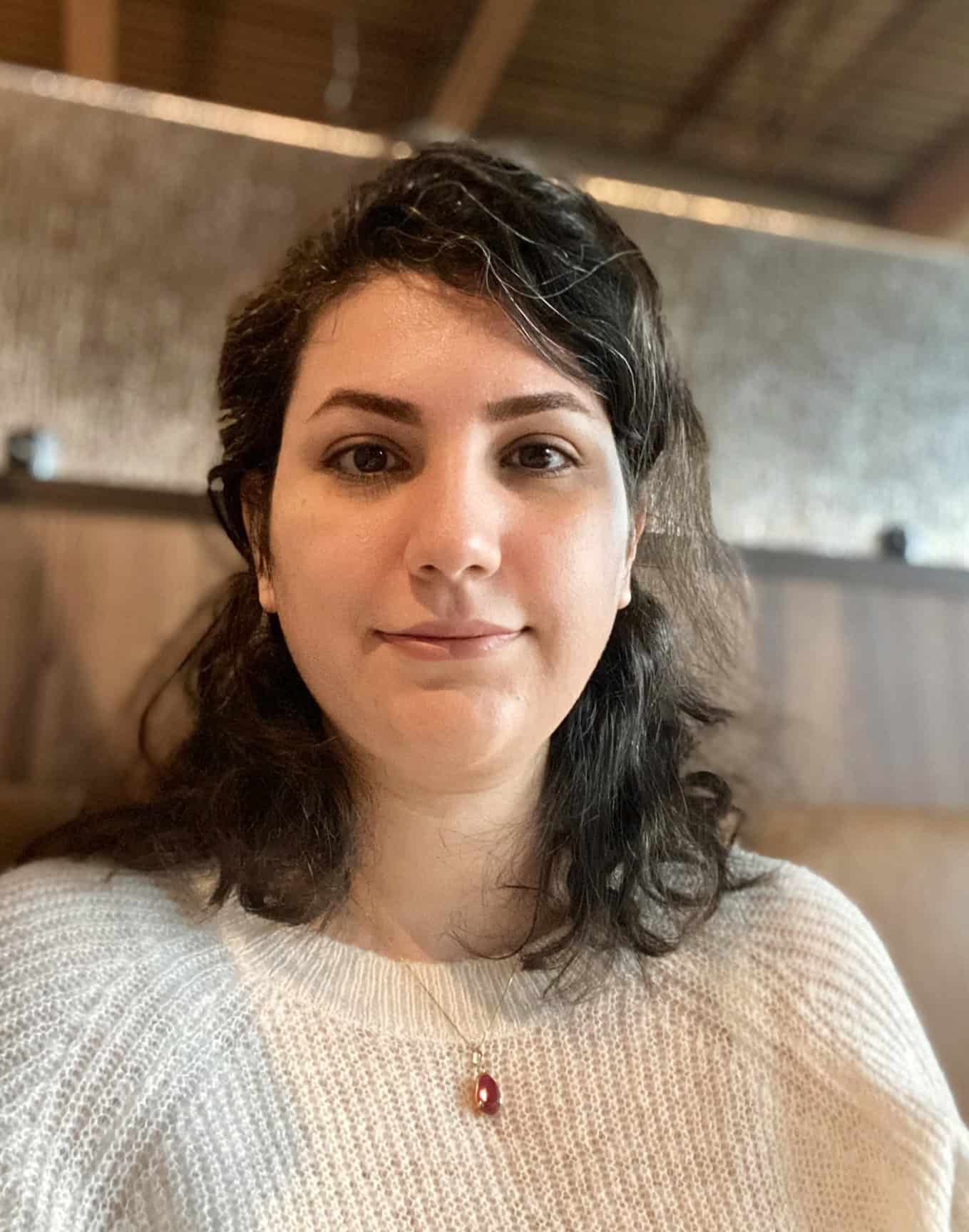Liver cancer, also known as hepatocellular carcinoma (HCC), is a common cause of human death globally. Treatment of early- or late-stage HCC can involve surgical removal of liver tumors and/or liver transplantation, both of which require normal liver cells (hepatocytes) to multiply and restore the organ’s function. Recently, studies have shown that the neurotransmitter acetylcholine (ACh), best known for its role in the nervous system, and immune cells such as B and T cells contribute to liver regeneration. However, the cellular signals governing this ‘liver regeneration’ are not clear.
Dr. Fazel Modares proposes to study a new mechanism in which immune cell derived ACh plays an important role in liver regeneration following damage or cancer development. Her preliminary results indicate that liver regeneration relies closely on B cells and their capacity to produce ACh. She will use mice whose B cells have lost the ability to produce ACh, as well as mice that cannot make the ACh receptor proteins necessary to receive the ACh signal coming from the B cells. Dr. Fazel Modares will surgically remove 70% of the livers of these genetically engineered mice to mimic liver damage or cause them to develop HCC by feeding them on a high fat diet (HFD). She will then investigate effects on liver cells trying to restore the damaged liver. She hopes to understand how ACh production by immune cells in the liver speeds organ restoration, with the ultimate aim of improving recovery for patients suffering from acute liver injury or HCC.
Projects and Grants
Acetylcholine producing B cells control liver regeneration
University Health Network | Liver Cancer | 2024 | Tak W. Mak, PhD

